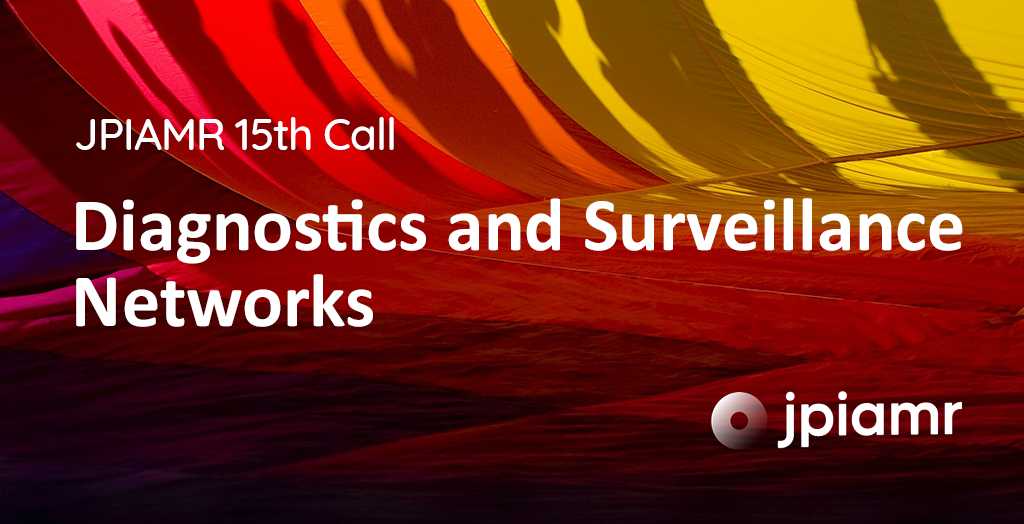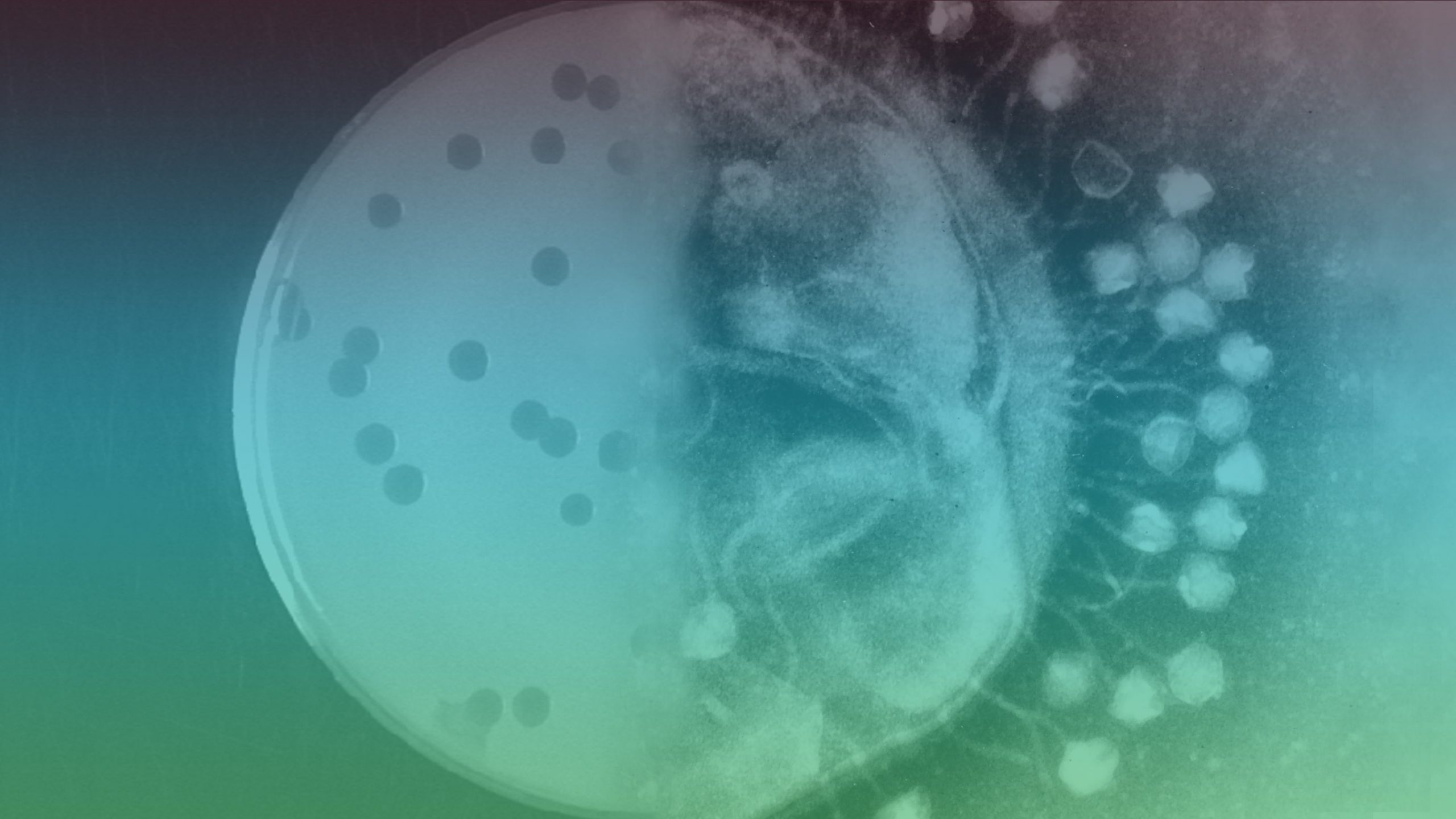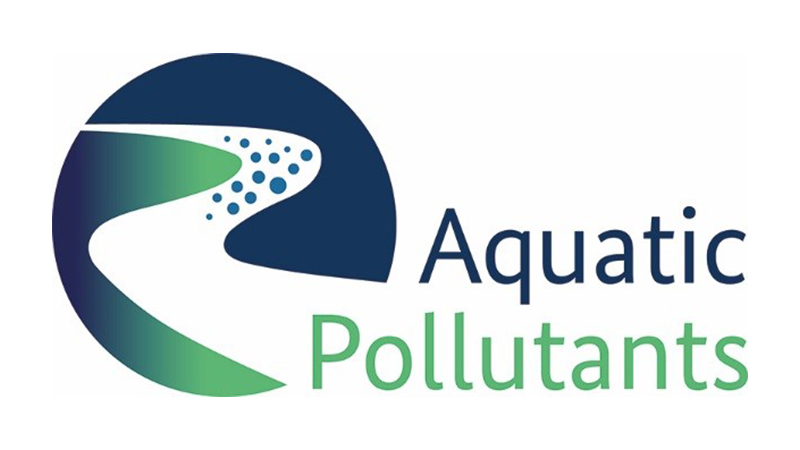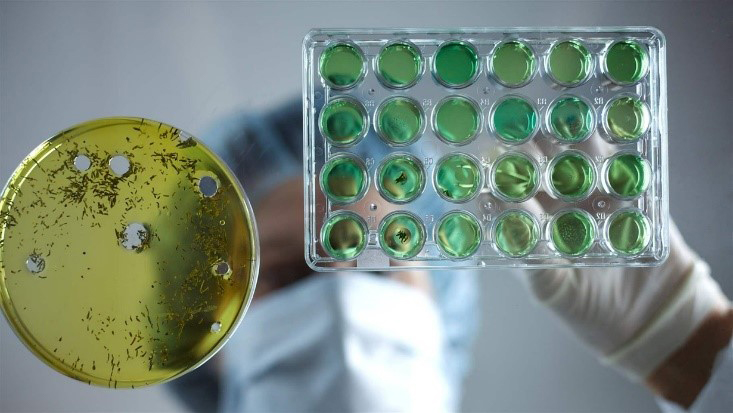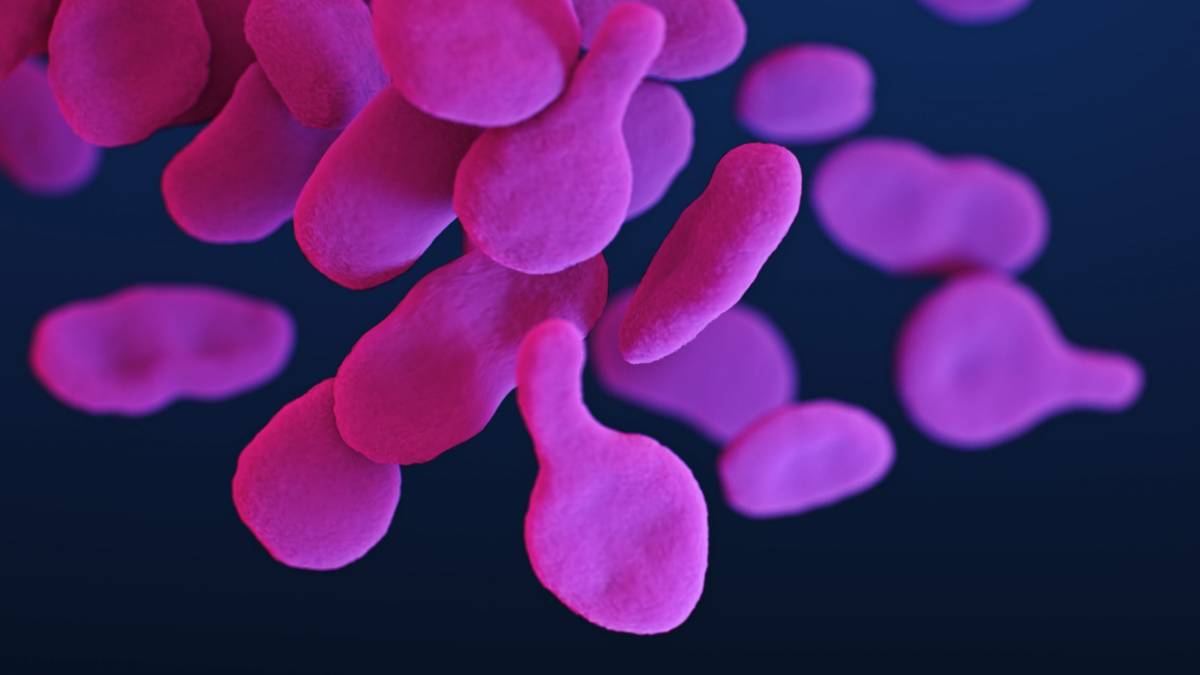The JPIAMR Secretariat is looking for a senior research officer with a background in medicine and health. With us, you get to work with committed colleagues in an international context to strengthen research and research collaboration on antimicrobial resistance. You will be employed by the Swedish Research Council (Vetenskapsrådet), based in central Stockholm, and also take part in the work on the Swedish national research programme on antibiotic resistance.
Senior research officer focusing on antimicrobial resistance
Stockholm
Ref 2.2.1-2021-06611
Antimicrobial resistance is a global problem that impacts on us all. Resistance in bacteria leads to infections that are difficult to treat, and means that complicated medical interventions can not longer be carried out without functioning antibiotics. It is difficult to develop new antibiotics, and we are also at risk of bacteria quickly developing resistance to them through careless and incorrect use. To increase the impact of research, Sweden established a national research programme on antibiotic resistance in 2016, and has since 2011 been one of the driving countries within the global research collaboration Joint Programming Initiative on Antimicrobial Resistance (JPIAMR). Today, JPIAMR involved around thirty countries across the world, and is also receiving strong support from the European Commission. The Swedish Research Council is coordinating the collaboration, and is responsible for the joint JPIAMR Secretariat.
Role and job description
We are offering a role as senior research officer within the field of medicine and health, where you together with knowledgeable and committed colleagues are part of the secretariat that the Swedish Research Council provides for the international collaboration Joint Programming Initiative Antimicrobial resistance (JPIAMR, www.jpiamr.eu). You will also take part in the work on the national research programme on antibiotic resistance, and may also be included in other tasks within the department. The role requires some travel (under normal circumstances), primarily within the EU.
The tasks include:
- supporting the global collaboration, together with the other personnel at the JPIAMR Secretariat, which includes
- taking part in the design and implementation of JPIAMR’s strategic research agendas
- designing, implementing and administrating joint international calls
- designing and implementing conferences and workshops, following up and analysing research funded by JPIAMR
- leading work teams and collaborations between the member countries
- initiating and implementing communication inputs and maintaining contacts with international partners and stakeholders
- providing scientific and technical advice linked to antimicrobial resistance
- supporting the direction of the collaboration through coordination and communication between the various JPIAMR steering groups, including producing relevant documents, overviews and reports
- consulting with other national programmes to drive the national research programme for antibiotic resistance, which includes
- consulting with experts in the area to update and implement strategic research agendas.
- consulting with experts in the area to implement national and international calls, conferences and workshops
- implementing communication initiatives and maintaining and developing national networks of relevance for antibiotic resistance
- following up the research funded via the national programme
- coordinating the national research programme with the European framework programme and the global collaboration JPIAMR
- monitoring international research in antimicrobial resistance, including resources invested and research priorities
- plus other tasks arising within the Swedish Research Council, such as taking part in department analysis and evaluation.
Your background
You must have:
- experience of coordinating and providing strategic support to international research collaborations
- good overall knowledge of, and working networks within, the medical research field in Sweden
- a doctoral degree or corresponding within an area of relevance to antimicrobial resistance (microbiology, infectious diseases, or similar)
- good knowledge of Swedish and English, both spoken and written, as the working language within the JPIAMR Secretariat is primarily English
- experience of project management
- good ability to absorb and communicate scientific information, both spoken and written, in a way suited to the target group
- worked with research and its importance for societal development
It is an advantage if you have:
- experience of own research activities in a field of relevance to antimicrobial resistance
- experience from Swedish public administration, HEI management, public agency in a relevant factual area, or similar, good knowledge of EU institutions and working methods
- experience of managing and administering EU projects
- experience of working with international collaboration partners
- experience of implementing international calls with peer review
Your personal qualities
We are looking for a person who is committed, proactive, and has well-developed strategic thinking. You must like taking initiatives and working independently, and at the same time communicate well and establish good and trusting relationships, in internal as well as national and international collaboration. We value good organisational skills and a prestige-free attitude very highly, as well as flexibility and the ability to multitask.
We put great emphasis on your personal qualities.
Location
Our offices are at Västra Järnvägsgatan 3 in central Stockholm. In April 2022 we will be moving to Hantverkargatan 11 in Stockholm.
Employment form and start date
We are offering permanent full-time employment, with a 6-month trial employment. We would like you to start as soon as possible, taking into account any notice period.
Are you interested?
If you want to learn more about this position, please contact:
- Elisabeth Sjöstedt, Unit Manager, +46 8 546 44 014
- Anders Weström, Unit Manager, +46 8 546 44 318
- Johan Karmhed, HR Administrator, +46 8 546 44 064
- Erika Godoy, representing SACO-S, +46 8 546 44 029
- Anneli Fröjd, representing ST, +46 8 546 44 333
How to apply
Please send us your CV and a personal letter via our recruitment system (form in Swedish) no later than 26 September 2021.
Please mark your application with registration number 2.2.1-2021-06611.
The Swedish Research Council is Sweden’s largest governmental research funding body. The work of the Swedish Research Council is about giving researchers good opportunities to contribute to society with research of the highest quality. Around 250 persons work for us, at offices located centrally in Stockholm and Gothenburg. We manage research applications, evaluate and follow up the conditions for research, and communicate about research. Read more about our workplace and meet some of our staff members at Vetenskapsrådet.se.
